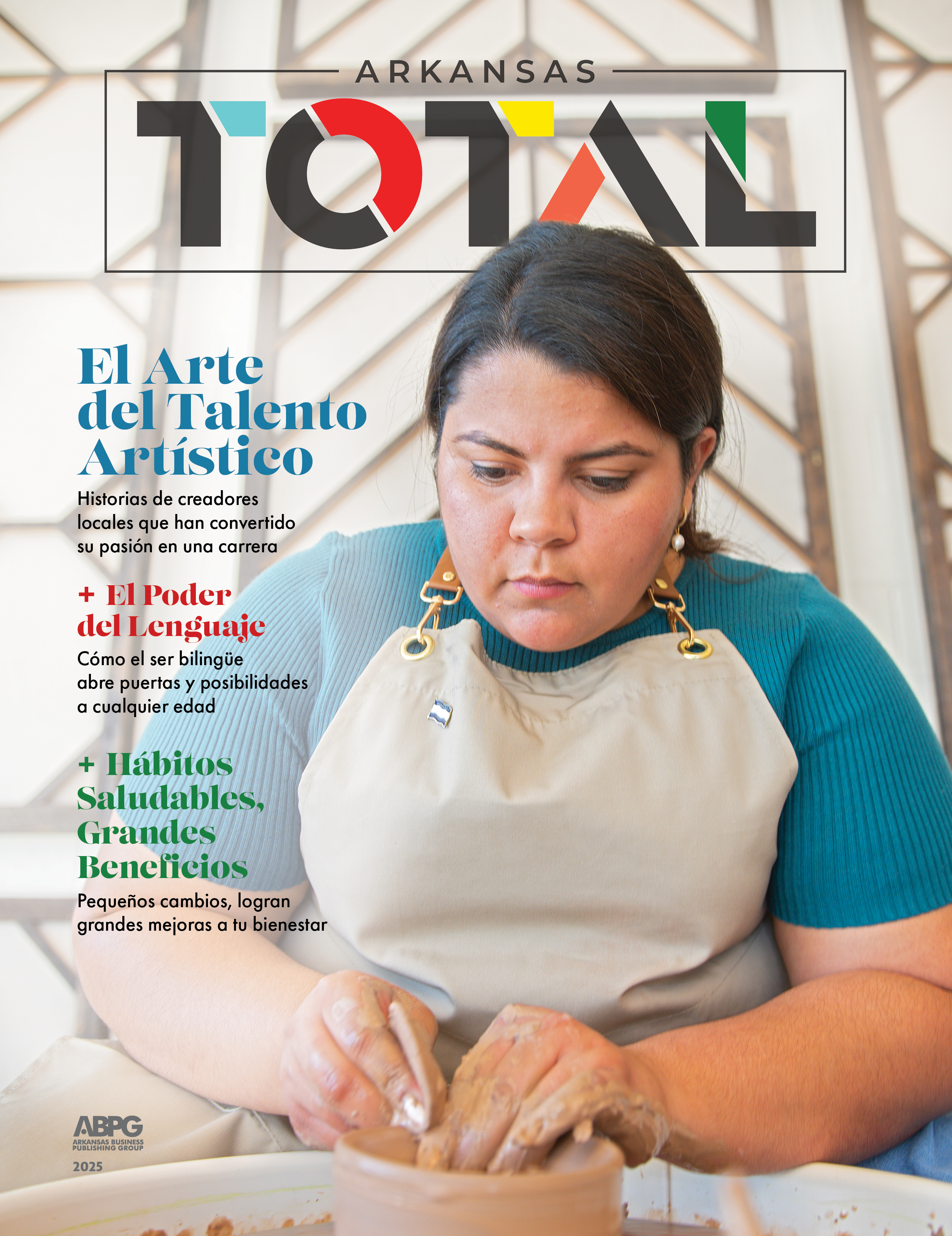Paving the Way

También puedes leer este artículo en español, Acortando el Camino.
Describe your vision for the Clinton School of Public Service and the unique role it serves in Arkansas, the United States and globally.
As one of just seven presidential schools in the country, and as the first school in the nation to offer a Master of Public Service, the Clinton School is in a truly unique position in higher education. The school was ahead of its time in building and developing a graduate program anchored in service learning. There is no other institution like it in the country. As far as my vision – I am here because I believe in a public service education that builds bridges across sectors and disciplines. This program is not just for people who want to work in government or nonprofits. We are training public service leaders for all industries and sectors. Engineers, doctors, attorneys, museum directors, business leaders – everyone can and should have an actionable public service toolkit.
You’ve mentioned in previous interviews that you thrive on engagement, meeting new people and cultivating relationships. How has that gone during your first year in Arkansas?
I’ve had the opportunity to meet so many incredible people since starting in January. There are so many individuals in this state who are passionate about public service and the mission of the Clinton School. The Clinton School has always thrived on the strength of its community partnerships. One of my goals is to build on that strong base while finding new opportunities to expand the Clinton School’s reach and impact.
What do you see as the state’s top strengths when it comes to being a quality place to live and work?
Arkansas is such a dynamic state. From the Clinton School’s perspective, it has so many things that young people are looking for. It has a blend of urban and rural areas, with incredible outdoor areas for hiking, camping, and biking that are just a short drive from Little Rock, a city with the restaurants, coffee shops, breweries, and amenities that young people crave. Many of our students move to Little Rock from out of state but choose to stay here because they fall in love with Arkansas and its people.
You’re the first Latina Dean at a presidential institution. What does that distinction mean to you and how do you use your position to encourage other Latinos to pursue education and public service opportunities?
It means a lot to me, because in higher education the leadership pipeline for women is leaky, and it is especially so for women of color. My path to this position was not traditional. But I am where I am today because of mentorship. I was fortunate enough to have tremendous mentors along the way, and now I find myself in a position to help others chart their professional path. In October it will be my honor to be recognized by MANA, a national Latina organization, at the Las Primeras Awards and the AT&T Hispanic Heritage Month Celebration in Washington, D.C. I am thrilled to be recognized, but more excited to use this opportunity to advocate for public service, education, and the Clinton School to an audience of leaders from the public, private, and nonprofit sectors.
You have described yourself as “a border kid” immersed in both Mexican and American culture. How does your personal background inform your approach to academia, and how might it influence your work at the Clinton School?
I grew up between two cultures. I learned early on that differences are mutually enriching. Differences — in how we speak, think, dress and act — can easily lead to groups isolating within their own separate worlds. If we allow differences to divide us, then we miss out on all of the richness that differences can bring. An appreciation for Ricky Martin and George Strait shouldn’t be mutually exclusive, and because of the borderlands region where I grew up, they aren’t! While it is important to draw on differences, we must also push ourselves to find points of commonality. If we start with what unites us, then it’s a lot easier to fold in, appreciate and bridge differences.

